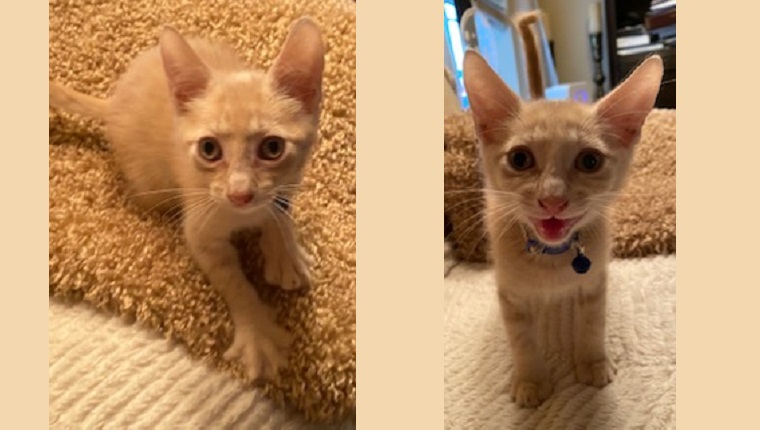The German Rex cat is a unique cat breed whose origins begin in the early 1930s in the historic German-Prussian medieval city of Königsberg, now part of Russia. As far as early records go, an ancestor of the German Rex-type cat was created from the cross between a Russian Blue and an Angora cat. As such crossbreeding goes, this cat was…

An adorable video of a cat named Kai’s before and after relationship with his human baby sibling has left the…

